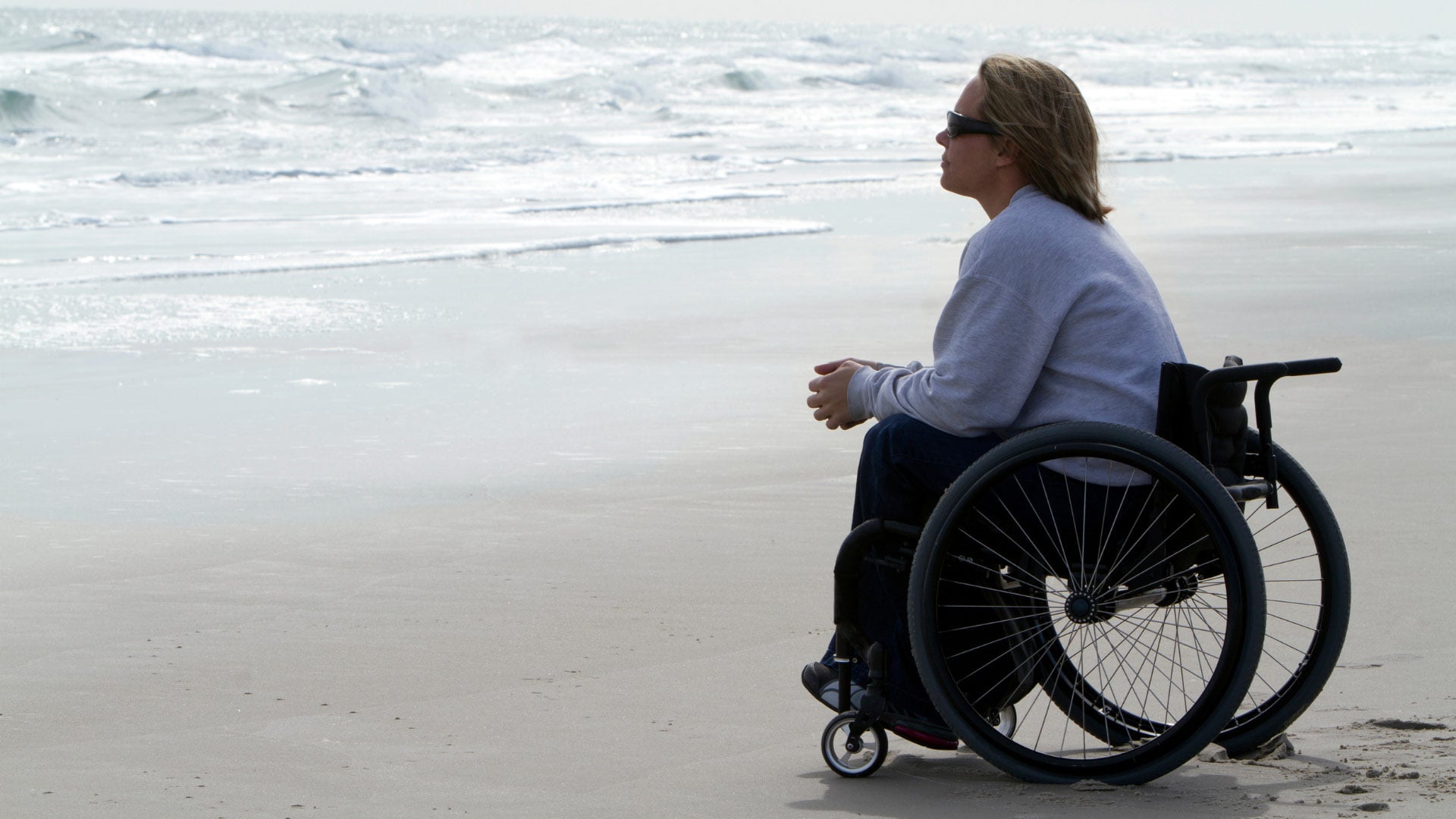
The background
Imagine only being able to use half of your home.
That was the reality facing Victoria when she recently moved states from Tasmania to Queensland in search of a new life and a warmer climate. Living with the neurodegenerative disorder Parkinsons, the wet Tassie weather had started to take its toll on her mental health and she hoped a change of scenery would be just what the doctor ordered. After a long search for her own slice of paradise, she purchased a townhouse sight unseen, in north Queensland, near one of the state’s many beautiful beaches. Everything was going to plan, until Victoria finally visited the site and realised it was in fact a two-story home.
Due to her condition causing her body to move uncontrollably, Victoria couldn’t risk using the stairs, which meant she was completely cut off from the floor above. Unable to make it up the flight of stairs to her bed, she was forced to sleep on the downstairs couch, which only resulted in a further decline to her mental health.
How did Mercy Community help/ support
We believe that where possible, no one should be restricted in their own home. That’s why the disability support team at Mercy Community started developing a plan on how to best support Victoria.
Firstly, we arranged for an occupational therapist to visit her home to help with her mobility and physical health, which unfortunately had started to decline. This was in part due to the many rough nights she had spent sleeping on the downstairs couch for a few weeks.
The next step was to make her home as accessible as possible by coordinating the installation of a stair climber, allowing her access to the rooms upstairs and most importantly – her own bed. Finally, we arranged for a powered wheelchair to be supplied and ramps to be fitted, to make leaving the house less of a challenge.
The Outcome
Victoria now has free reign of her entire home, which means she can go wherever she pleases. Now with the use of her wheelchair, she can go out into the community unassisted, and thanks to the daily help of her support worker, she can take full advantage of the beach that she was previously unable to enjoy. Needless to say, she says this is the happiest she’s ever been. Victoria still uses the couch downstairs, although now it’s just for looking out the window at her sea view.
If you’d like to find out more about the disability support services Mercy Community offers, you can contact us on 1300 161 618 or visit our website.



